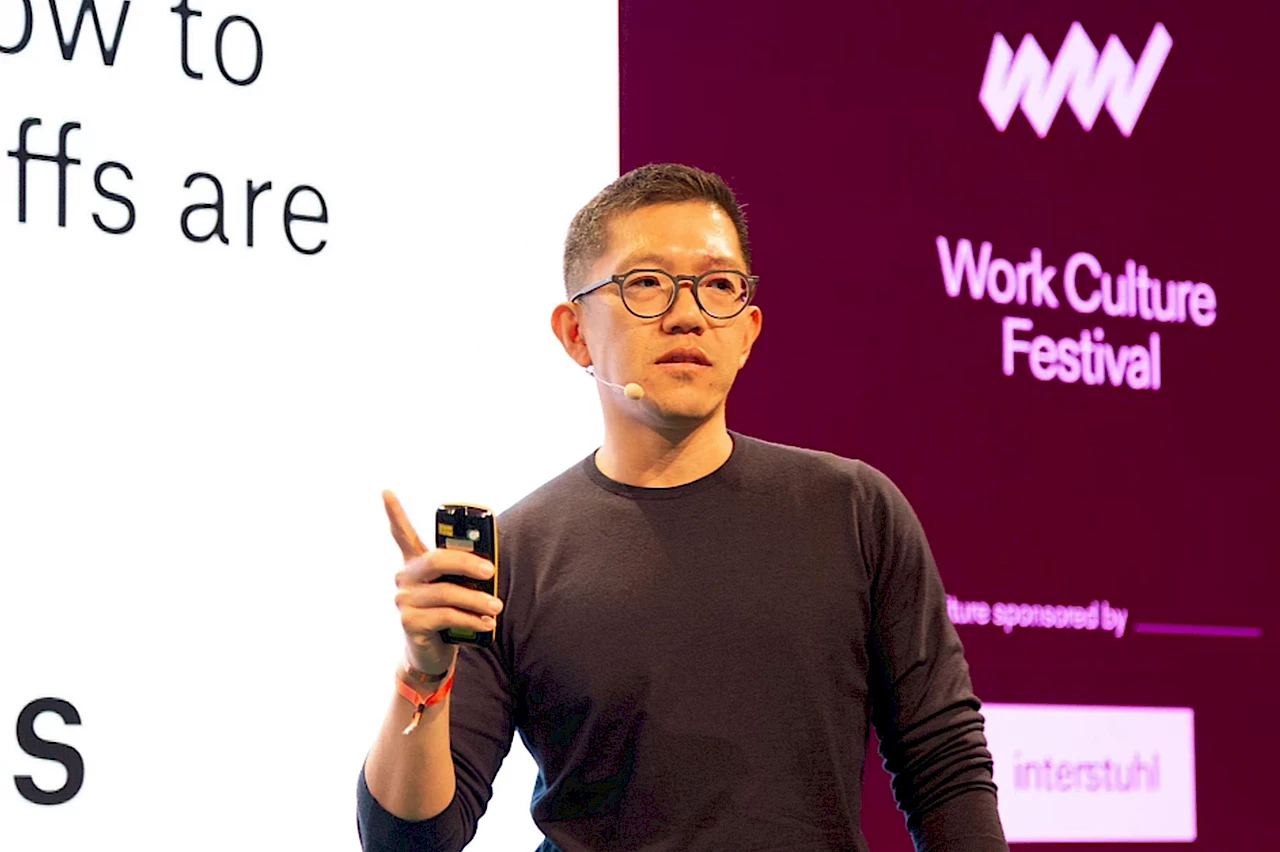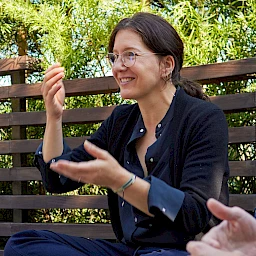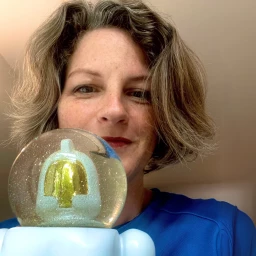Innovation does not arise from security, but from the productive handling of uncertainty. This central thesis was the theme of Vaughn Tan’s opening presentation on the third day of the Work Culture Festival. The organisational researcher, strategy expert and author of the book The Uncertainty Mindset, who used to work at Google and now works as a consultant, called for a radical change in the way companies think, work and organise themselves.
From Google to kitchens all over the world
Tan began his career in innovation management at Google, where he worked on the launch of Street View and other data-driven projects. His curiosity about what makes successful innovation teams led him to an unusual field of research: top gastronomy. In restaurants such as the Fat Duck or Noma, he has observed how teams perform creatively under conditions of high uncertainty. He later transferred his findings from this world to start-ups, NGOs and government organisations.
Risk does not equal uncertainty
The core of his presentation was the distinction between risk and uncertainty. While risks can be calculated and expressed in probabilities, situations of genuine uncertainty are characterised by radical unpredictability. One example is the WHO’s response to the coronavirus pandemic in early 2020: The organisation tried to respond to the virus with traditional risk analyses—with devastating consequences. The assumption that uncertainty could be treated with the same instruments as calculable risks proved to be wrong. Tan emphasized that organisations must learn to understand uncertainty as a category in its own right. It is neither quantifiable nor can it be derived from the past. If you ignore this, you are in danger of making serious mistakes.
Innovation work means not knowing
From this perspective, not knowing is not a flaw, but the starting point for innovation. If you really want to create something new, you have to recognise at the outset that it is not known what action is possible, what outcome is likely and what is even desirable. According to Tan, these four types of ignorance—related to action, effect, result and value—are the foundation of innovation work. It is precisely this lack of clarity that creates room for experiments, changes of perspective and radically new approaches to solutions. Innovation is therefore less the predictable result of structured processes and more the product of a targeted confrontation with the unknown. Only people who actively engage with ignorance can produce genuine innovations.
Organisations must be structured differently
But how can companies use uncertainty productively? Tan calls for a rethink of organisational design. Instead of rigid role allocations, clearly measurable SMART goals and classic incentive systems, he recommends open-ended roles, placing learning progress above goal achievement and intentionally creating situations in which teams have to venture outside their comfort zones to tackle challenges. He calls this strategy “desperation by design”: the productive pressure that forces innovation. To take one example, 80% of a job position can be clearly defined, leaving the remaining 20% open to develop individual potential. Objectives, on the other hand, should not be rigid, but should be able to be reviewed and adjusted over the course of a project. It’s more important that employees learn and develop than achieve a specific target value.
Experiments as a structural principle
For Vaughn Tan, experimentation is a key tool in dealing with uncertainty. However, this should not be in the form of costly, high-risk large-scale projects, but through many small, targeted and cost-effective trials. Tan sees this form of continuous learning as a kind of rapid prototyping in everyday life: fast, iterative and adaptable. The aim is not to find the perfect solution straight away, but to discover what doesn’t work as quickly as possible so that we can learn from it and do better. This form of experimentation is deliberately designed to have a low threshold in order to minimise inhibitions and fears of failure. “Failure should not be expensive or embarrassing,” emphasised Tan. Rather, failure is a necessary part of the innovation process as long as it is used as a learning opportunity. It’s crucial that experiments be designed in such a way that they provide insights without jeopardizing the continued existence of the project or the organisation.
The role of physical space
Tan also commented on the design of workspaces. Physical spaces that enable encounters, exchanges and shared thinking are important especially in times of hybrid work. Such spaces are not just a backdrop, but an active part of corporate culture and innovative capacity. They offer the opportunity to build trust, develop shared values and promote collaborative learning. These are all essential prerequisites for real innovation work. Tan emphasised that physical spaces can be a place of shared unknowing. In other words, spaces in which uncertainty is not repressed, but openly shared and creatively addressed. Architecture, furnishing and atmosphere play a decisive role in whether people are prepared to question ideas, think in new ways and take bold steps together. Especially for companies that want to promote innovation processes, it is therefore essential to consciously design working environments in such a way that they enable openness, trust and flexibility. Spaces are therefore not just infrastructure, but part of the corporate strategy.






